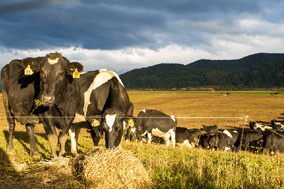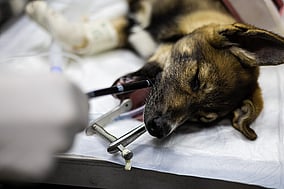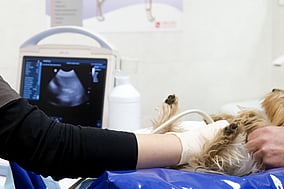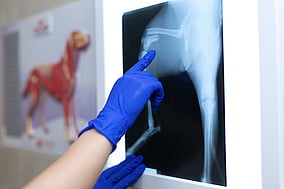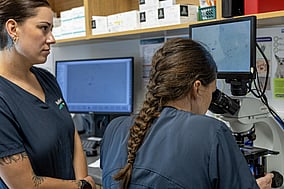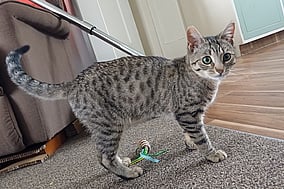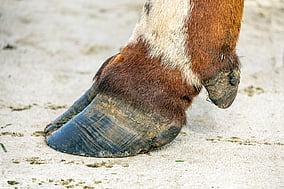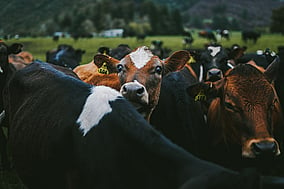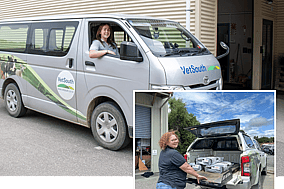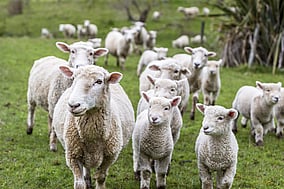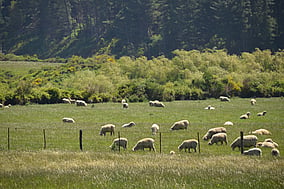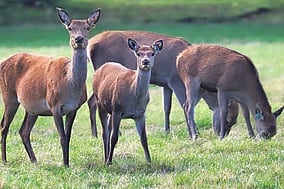Our Invercargill hospital facility has a fully equipped equine surgical theatre. This allows us to offer a broad range of surgical procedures. We can cater for both elective (non emergency) and emergency procedures. Our five hospital loose boxes allow for care after surgery. Associated with the clinic we have five small paddocks for agistment of patients. As well as surgery under general anaesthesia we also offer numerous standing surgical procedures.
Examples of these standing procedures include, dental extraction, sinus surgery, reproductive surgeries and more. Our large float park adjacent to the car park means we can store horse floats for people bringing their horse to Invercargill for surgery.
THE BENEFITS
Why VetSouth is a great choice

We're locals
We’ve been in the lower South Island for decades. It’s where we’re from and where we raise our families.

Wide network
We’re plugged into the Veterinary world and our team can call on expertise from all over the world, then deliver it locally.

Handy clinics
We’re close to you for consults, supplements, supplies...whatever you need. Pop on in or organise a delivery.

INNOVATION & RESEARCH
A never ending quest for improvement and advancement
Researching animal welfare and pathology is a passion we share, with our work being used by industry bodies such as Dairy NZ, the Sustainable Farming Fund and Beef & Lamb.
